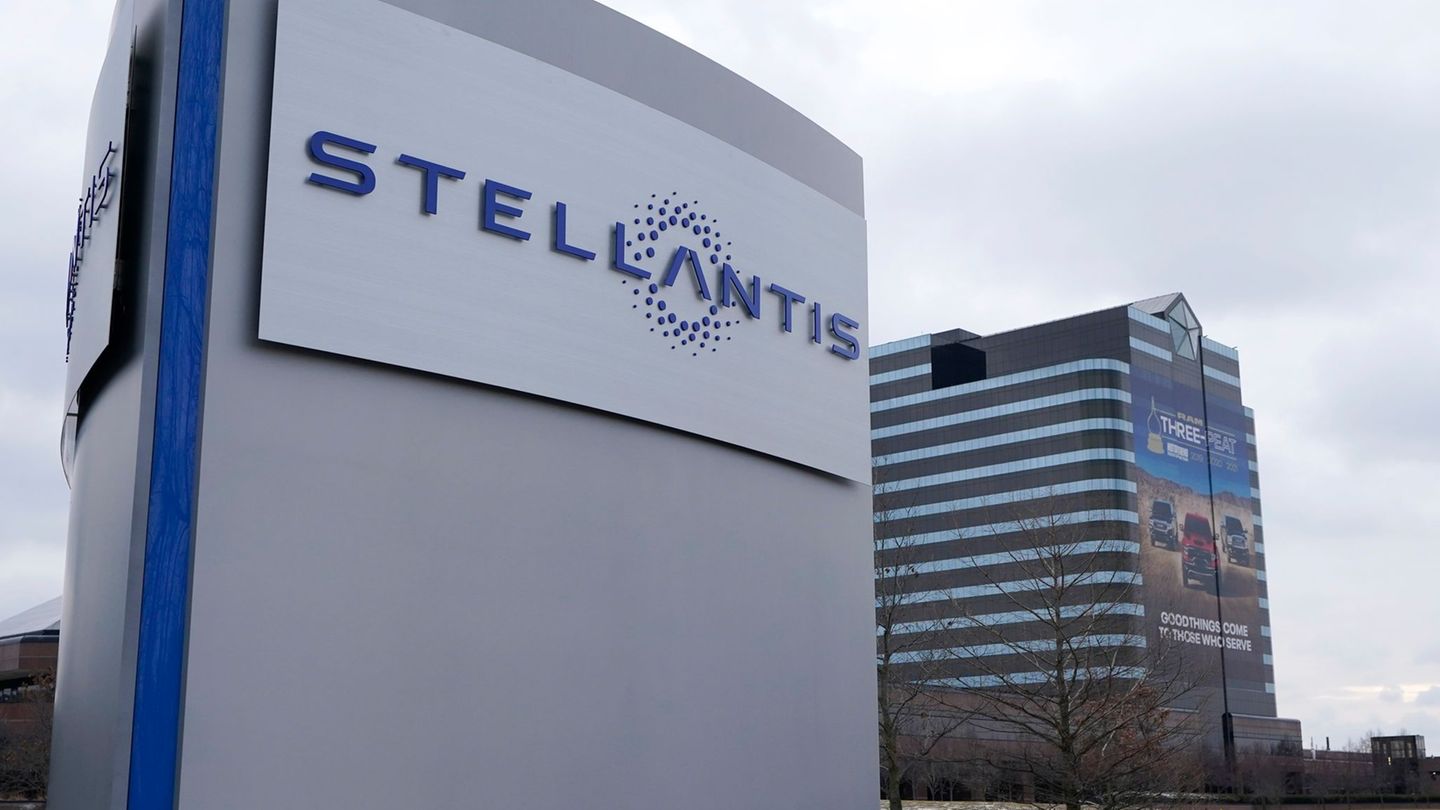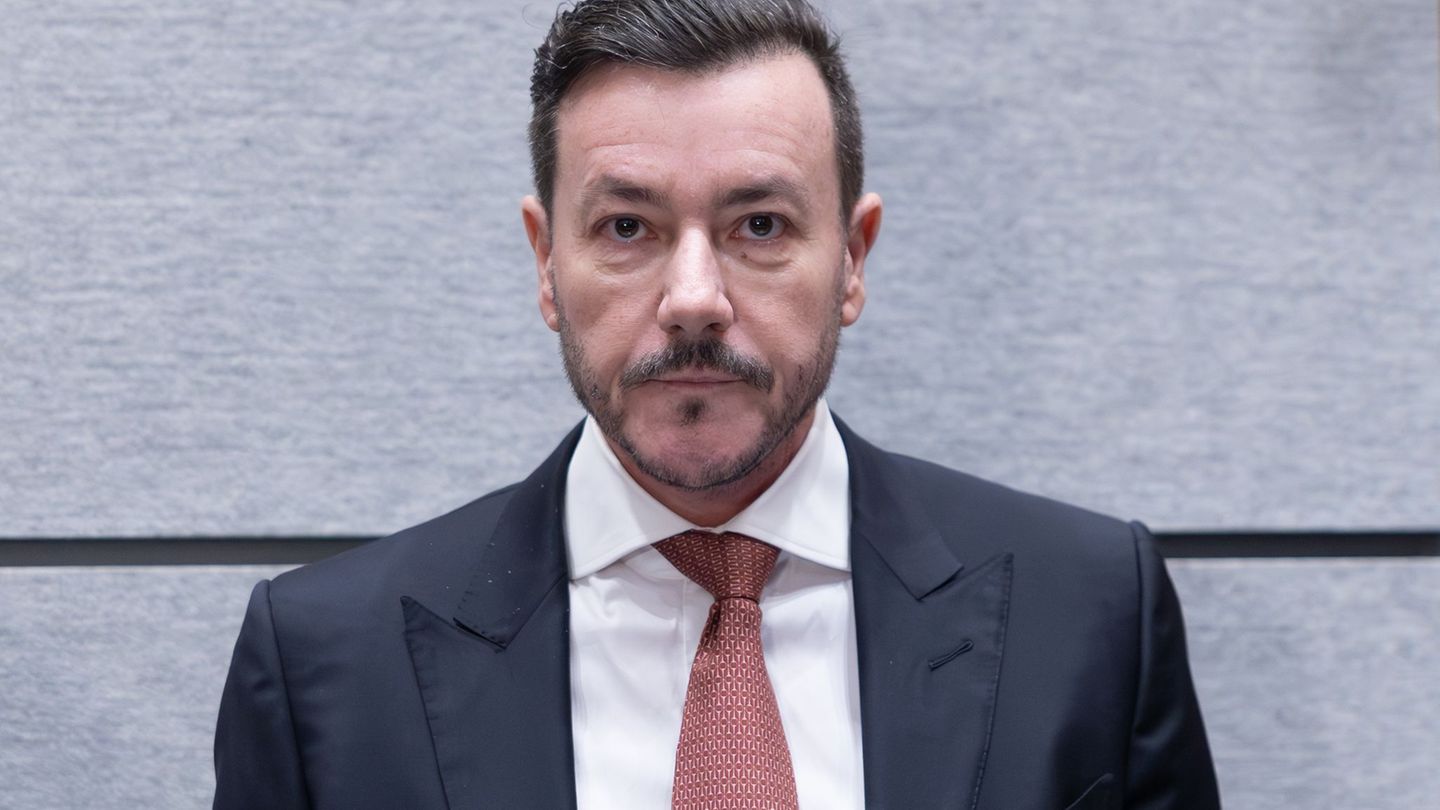For weeks, the traffic light coalition has been wrangling over a budget for the coming year. Billions of euros and tough savings are at stake. Will there be an agreement in the coming days?
The traffic light coalition is entering a decisive week for negotiations on the 2025 federal budget. The talks between Chancellor Olaf Scholz (SPD), Finance Minister Christian Lindner (FDP) and Economics Minister Robert Habeck (Greens) continued intensively over the weekend. The federal government’s goal is to have the budget for the coming year approved by the cabinet by July 17. For this to succeed, there would have to be at least a political agreement on the most important points in the coming days.
The experts in the Finance Ministry need around two weeks to translate such an agreement into a draft that is ready for adoption. The time window is therefore getting smaller and smaller. Associations have once again expressed concern about possible cuts to the federal budget.
Negotiations have recently proved difficult. FDP Finance Minister Lindner insists on strict savings targets and categorically rejects any relaxation of the debt brake. Politicians from the Chancellor’s party, the SPD, have recently repeatedly pushed for more leeway for taking on debt.
SPD leader open to special funds
SPD chairman Lars Klingbeil made it clear in the “Süddeutsche Zeitung” at the weekend that his party could also imagine a credit-financed special fund for investments instead of suspending the debt brake.
“First of all, all ministries have to look at where they can save money. But it is also clear that we cannot cut 30 to 40 billion from a core budget,” explained the SPD leader. He expects that all options will now be discussed “free of ideology.” “The BDI has just proposed a special fund for investments. The SPD would be ready to talk about it immediately.”
The Federation of German Industries (BDI) had complained about a huge investment backlog in Germany and therefore proposed special funds worth billions – in other words, extra funds financed by loans in addition to the federal budget and outside the debt brake. Lindner has so far also rejected this.
Double-digit billion gap
Negotiators in the traffic light coalition have been trying for weeks to plug a double-digit billion-euro gap in the budget planning for 2025. Previously, the finance minister had not made any progress with the specialist ministers alone because they did not want to adhere to savings targets. An agreement is also urgent because the draft must also be discussed in detail in the Bundestag after the cabinet. It is expected to be adopted there in December.
The Finance Ministry only said on Sunday that it did not want to comment on the ongoing negotiations. The FDP faction suggested that the timetable was not the most important thing in the negotiations.
When asked whether an agreement could be expected in the week that now begins, the deputy FDP parliamentary group leader Christoph Meyer told the German Press Agency: “A good result is more important than a specific target date.” The draft budget should also reflect a “dynamization package for the economy,” explained Meyer. “That’s why thorough discussions are better than hasty decisions.”
The coalition agreed that the economic turnaround and internal and external security were priorities for next year’s budget. Adhering to the debt brake was possible: “With the courage to set priorities and consolidate, we can achieve the goals we have set for ourselves as a coalition while adhering to the debt brake.” Meyer rejected the proposal from SPD leader Klingbeil. If there are no “effective structural reforms” and the budget is not consolidated efficiently, the question of a special fund is superfluous, emphasized Meyer.
Greens and associations warn against “ruinous savings”
Meanwhile, the Green Party’s deputy parliamentary group leader Andreas Audretsch warned that “all options should be put on the table” and that the focus should not be solely on saving. “Saving to the point of ruin is not an option,” Audretsch told the dpa. The country must invest in climate protection and in future technologies and at the same time must not endanger social cohesion, explained the Green Party politician. This also means that it is the coalition’s task to better protect children and families from poverty with its next budget.
Associations, including the German Trade Union Confederation and the Climate Alliance Germany, also warned again at the weekend against cutting back in important areas of society. “Pursuing a rigid course of savings and cuts now reduces political room for maneuver, increases the problems and harms our country,” said DGB board member Stefan Körzell. The debt brake must be suspended and “fundamentally reformed.”
Source: Stern
I have been working in the news industry for over 6 years, first as a reporter and now as an editor. I have covered politics extensively, and my work has appeared in major newspapers and online news outlets around the world. In addition to my writing, I also contribute regularly to 24 Hours World.




